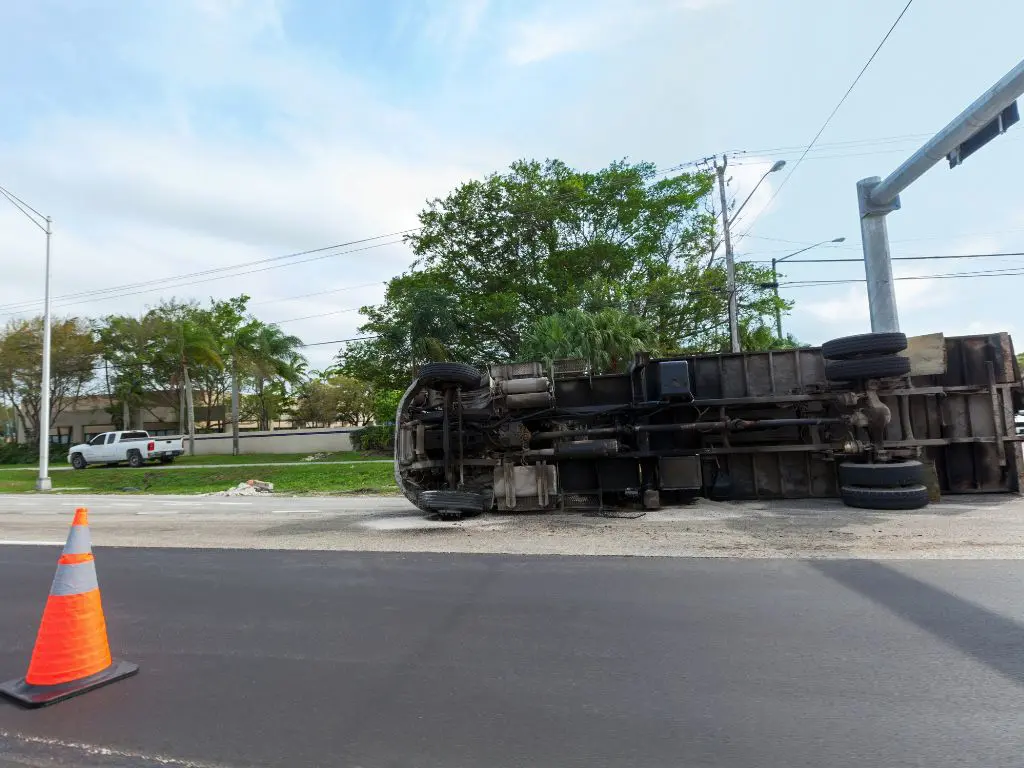What are Out-of-Pocket Expenses?
Out-of-Pocket Expenses are expenses that are incurred before any benefits are received by an injured party in a legal dispute. According to Cornell Law School’s Legal Information Institute, they are “those paid from an individual’s own funds.” It is from an individual’s own funds as opposed to from insurance, benefits, or other financial assistance. They only concern the costs actually related to the injury, such as hospital and medical expenses, travel, and costs incurred from the investigation of the crime that caused their injury.
Insurance policies can cover some out-of-pocket expenses, but not necessarily all. For example, if a person needs to take a prescription as a result of injuries incurred, and their insurance covers 80% of costs, the remaining 20% is considered an out-of-pocket expense.
In some areas such as contract disputes, an injured party may be entitled to damages for out-of-pocket expenses incurred. However, there are sometimes limitations to what expenses can qualify as out-of-pocket expenses and be reclaimed. Some cases such as Reilly v. Marin Housing Authority resulted in rulings that declared that an amount charged or paid might actually be incurred. It is important for the consumer to understand the regulations where they live and keep track of what out-of-pocket expenses they can afford to pay before pursuing legal action.
More information about Out-of-Pocket Expenses
How can a Pittsburgh Truck Accident Lawyer Help?
 In the heart of Pennsylvania, where the Allegheny and Monongahela rivers meet to form the Ohio River, lies the vibrant city of Pittsburgh. This city is adorned with historic landmarks such as the Fort Pitt Block House and busy roads like the Penn Lincoln Parkway. It is a hub of activity and life. Yet, the streets of Pittsburgh can sometimes be the scene of devastating truck accidents, bringing challenges and hardships to victims and their families.
In the heart of Pennsylvania, where the Allegheny and Monongahela rivers meet to form the Ohio River, lies the vibrant city of Pittsburgh. This city is adorned with historic landmarks such as the Fort Pitt Block House and busy roads like the Penn Lincoln Parkway. It is a hub of activity and life. Yet, the streets of Pittsburgh can sometimes be the scene of devastating truck accidents, bringing challenges and hardships to victims and their families.
Munley Law Personal Injury Attorneys can help if you or a loved one has been injured in a truck accident in Pittsburgh. With over six decades of experience, our Pittsburgh truck accident lawyers are here to fight for your rights, ensuring you receive the compensation and support you deserve. Entrust your case to a team that knows Pittsburgh inside and out, and is committed to making things right for accident victims in the Steel City. […]
Read MoreMore information about Out-of-Pocket Expenses
Upper Darby Slip and Fall Accident Lawyer
Upper Darby Slip and Fall Accidents: Your Comprehensive Guide
Upper Darby, a Pennsylvania township rich in history with landmarks like the Tower Theater and the Sellers Library, is a bustling area that’s seen its fair share of growth and activity. Increased activity can also mean an increased potential for accidents, specifically slip and fall incidents. In such situations, you’ll find no better advocate than a specialized law firm like Munley Law.

Understanding the Basics of Slip and Fall Accidents
Slip and fall accidents occur when a person loses their balance due to a hazardous condition on someone else’s property and suffers injuries as a result. These accidents can happen almost anywhere, from supermarkets to office buildings. Munley Law offers a free initial consultation for your personal injury.
How liability is determined in personal injury accidents
Determining liability in slip and fall cases for personal injuries involves establishing that the property owner or occupier was negligent in some way and that this negligence directly contributed to your accident and subsequent injuries. […]
Read MoreMore information about Out-of-Pocket Expenses
Lancaster Truck Accident Lawyer
If you’ve been involved in a truck accident in Lancaster, PA, the aftermath can be overwhelming and confusing. Accidents can easily happen on the bustling streets such as Queen Street and Harrisburg Avenue, or near local attractions like Central Market or Long’s Park. If you are unexpectedly in an accident involving a truck, you need the assistance of a Lancaster truck accident lawyer who understands the local laws and can navigate the complex legal landscape. 
Munley Law is here to help. As attorneys experienced in Lancaster truck accident cases, we have a proven track record of fighting for the rights of accident victims throughout Lancaster and the surrounding areas. Our legal team of dedicated Lancaster personal injury lawyers knows the unique challenges faced by someone in a passenger car who has suffered a serious injury in an accident caused by a large commercial truck. Whether your accident occurred near the vibrant downtown area or on a busy highway like Route 30, […]
Read MoreMore information about Out-of-Pocket Expenses
What Damages Can I Collect For A Motorcycle Accident?
If you’ve been involved in a motorcycle accident, you may be wondering what damages you can collect. It’s important to understand that when you’re injured in a motorcycle accident, you have the right to seek compensation for various types of damages. In this article, we will explore the different types of damages you can collect, including medical expenses, lost wages, property damages, emotional distress, and pain and suffering.
When it comes to medical expenses, you can seek compensation for the cost of your medical treatment, including hospital bills, surgeries, medications, rehabilitation, and any other necessary medical care.
Additionally, if your injuries have caused you to miss work, you may be entitled to receive compensation for lost wages. This can include both the wages you have already lost and any future wages you may lose due to your injuries.
Furthermore, if your motorcycle was damaged in the accident, […]
Read MoreMore information about Out-of-Pocket Expenses
Pittsburgh Hit and Run Car Accident Lawyer
If you’ve been Involved in a Pittsburgh hit and run accident, the expert car accident lawyers at Munley Law are here for you. Contact us for a free consultation today.
Pittsburgh is often rated one of the best places to live in Pennsylvania. It offers a mix of both urban and suburban amenities, quality schools, and is often considered a safe and all around nice place to live. Even still, hit and run accidents can happen anywhere; Pittsburgh is no exception.
If you or a loved one was involved in a hit and run accident, you don’t have to navigate the aftermath alone. A hit and run lawyer can help you and your family recover the compensation you deserve to start moving forward.
What is a Hit and Run Accident? 
A hit and run accident generally occurs when the at fault driver leaves the scene of an accident. […]
Read More








